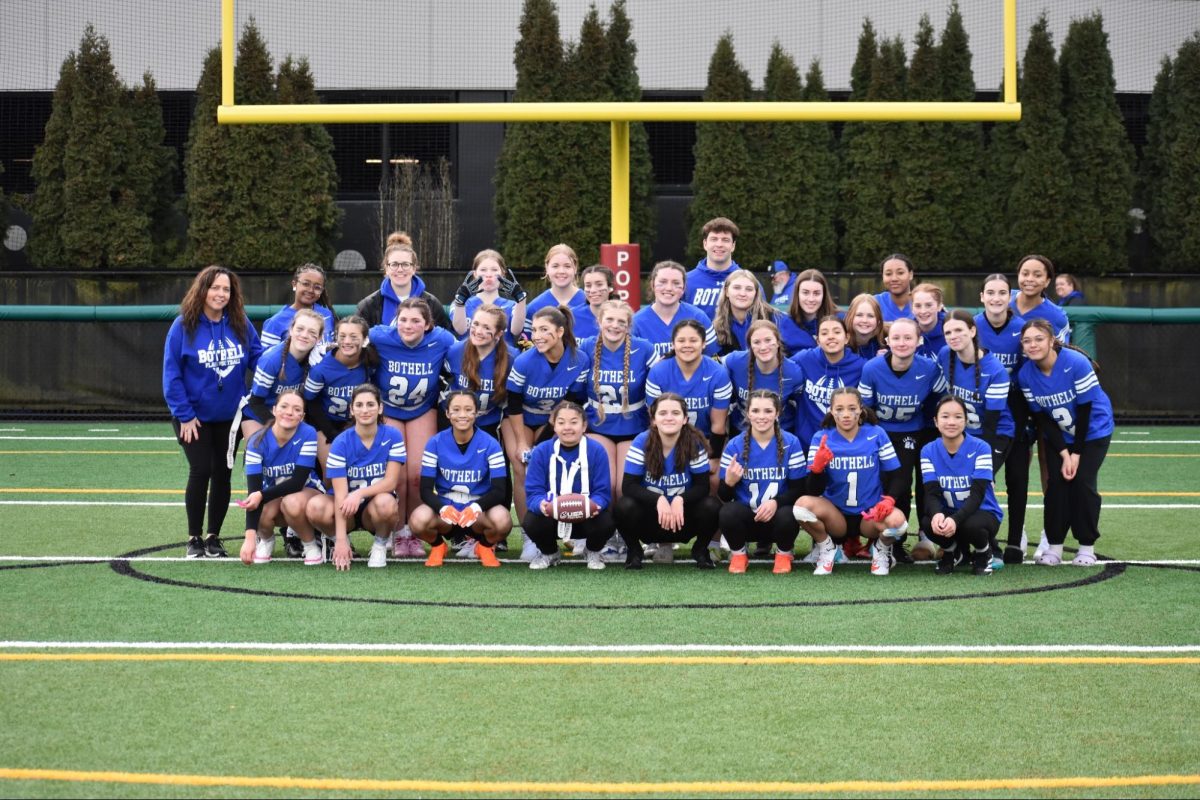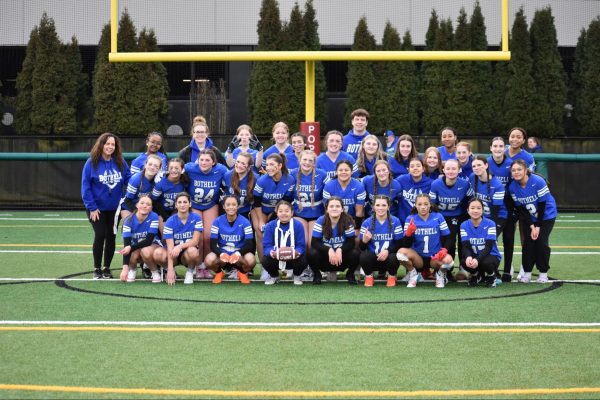Social media’s impact
How photo editing is taking a toll on teen’s self-esteem.
December 30, 2018
Selfies are immensely popular among today’s youth. According to CNN, Oxford named “selfie” the word of the year in 2013. But what does “selfie” imply in social media nowadays?
Editing selfies, in particular, has also become popular. Many apps have come out that are able to alter your appearance by smoothing complexion, brightening, and “reshaping” to make them appear more “beautiful” in photos.
To youth, especially teen girls, these new methods for creating the “perfect selfie” are terrifying. When scrolling through their social media, they are constantly bombarded with edited pictures. This creates impossible standards that they compare themselves to.
Many celebrities have spoken out on this matter. Sia Cooper, an Instagram famous personal trainer, has been one of the many who have said something. Cooper who previously struggled with body image, said to People: “It was not until the birth of my daughter that I realized what a disservice I was doing to the female and male population. I stopped editing. I started posting real life vs IG photos to show the tricks I used. I now ask myself before posting: what would Everly [her daughter] think?”
Celebrities like Sia Cooper have inspired me to also stop photo editing. Women are constantly compared to other women, and apps like Facetune and AirBrush are just tools to continue that constant comparison. Young girls compare themselves to photos they see on social media constantly, photos that are heavily edited and not real, threatening their body confidence and self-esteem.
In an interview, Priyal Bhambu (‘20) said, “Nowadays, we see more people our age becoming ‘influencers’ on Instagram with thousands of followers. I think that they affect our self-esteem us more than someone like the Kardashians, because we look at people who are our age with flawless skin and flat stomachs, and then we look at ourselves and wonder what we’re doing wrong.”















